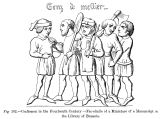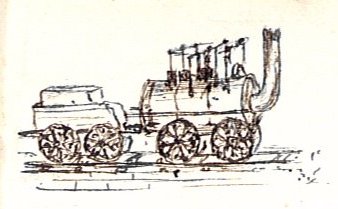LFH Overview
Speaking - Project Funding
Funding projects - best practices in securing funding for projects
Lessons from historical projects
There are several planned and available presentations that provide a different slant on the topic and are intended for different audiences.
Project FundingOne of the core pillars of a project is the funding. In a recent Standish Group Report the contributing factors to project success are having good executive support and adequate project resourcing. Significant to this is a solid business case that is well articulated and understood by the project stakeholders, yet a challenge in many projects across industries. Projects suffer a lack of funding because often the budget process is arduous and complicated, there is competition for funding with other projects, or the sponsors are holding back and unwilling to fully commit. So how were projects funded in the past? This presentation will reach back in history and describe project examples from several eras where we can take lessons from. The first is the medieval era and the French Gothic cathedral projects. The scope of these projects was well beyond the resources of the chapter initiating the project, and the city (Chartres only had a population of 9,000). The second is the era of the industrial revolution where new technologies were creating exciting new opportunities and projects. Important lessons are buried in these projects and this presentation will extract them and connect them to today’s world of projects. For example, how these projects were initiated and sustained, and how the project team was motivated to continue through difficult times and over an extended period. Audience: Project Managers, Program Managers, Business Managers |
Lessons in Project Funding |
Learning ObjectivesThe presentation shows how:
Full of intriguing details, the presentation helps you to work out strategies for project funding. |
|
The BenefitsIn today's world, project managers face greater funding challenges and keeping a project on course and alive through to completion. The presentation is valuable in understanding how these challenges were addressed from previous contemporary and historical projects. |
|
|
Note: This presentation conforms to the internationally recognized standards of the Project Management Institute (PMI®). You will receive 1-2 PDUs (professional development units) upon completion. |
|



